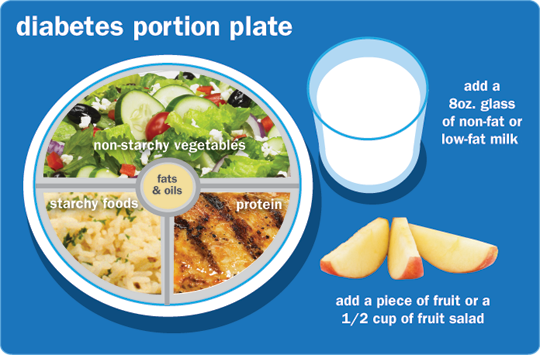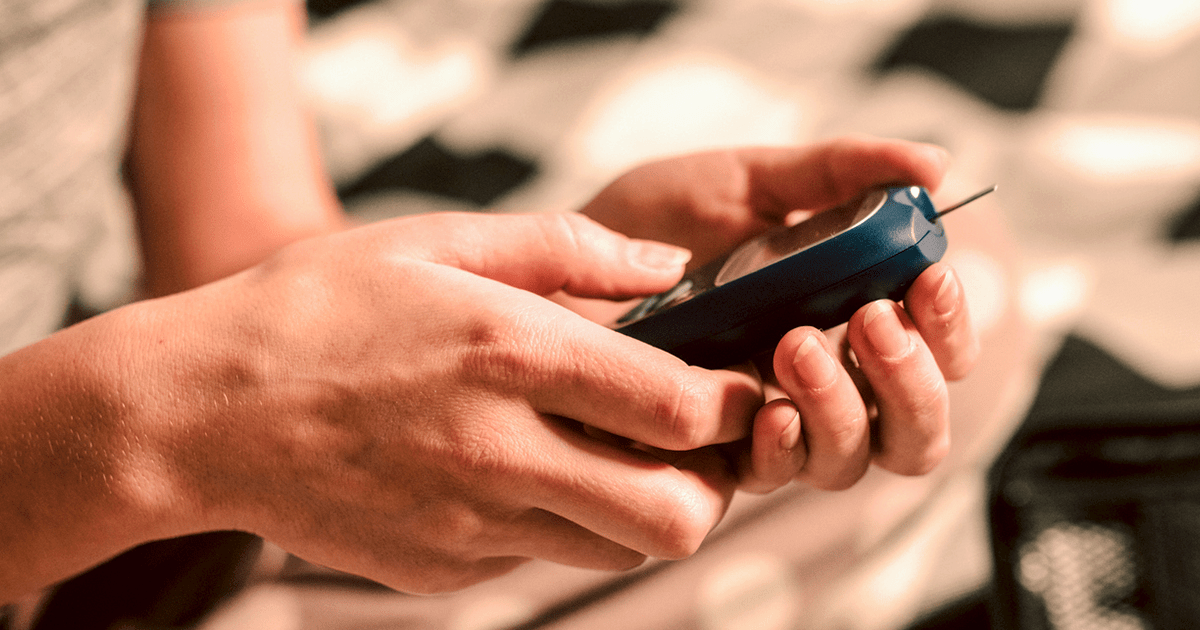The market for male virility boosters is one of the largest and also one with some of the most dubious claims.
Some supplements promise to increase your libido and testosterone at the same time. Others market themselves as T-boosters while also boasting aphrodisiac qualities. And then there are companies who believe they have championed a pill of ultimate male-enhancing properties that boosts testosterone, enhances libido, and increases fertility. Some brands go as far to claim muscle-growth as a side effect.

For a man looking to simply boost his testosterone, these added benefits seem like icing on the cake but is there any merit to the sea of marketing chicanery?
Can supplements actually boost testosterone?
Testosterone boosters are a class of herbal supplements with the goal of naturally increasing your testosterone levels. They can work by directly increasing testosterone, or by inhibiting hormones responsible for converting testosterone into estrogen. Indeed, there are testosterone boosters that actually work and hopefully, this article will bring some clarity to the discussion.

For future reference, we offer a breakdown of the most common T-boosters and assess their effectiveness.
Zinc and Magnesium (ZMA):
This isn’t a single ingredient but rather a combination of zinc monomethionine aspartate, magnesium aspartate, and vitamin B-6.
ZMA is frequently recommended as testosterone boosters for athletes because such minerals are lost through sweat and during exercise. Indeed, deficiencies in these key minerals can lead to a poor anabolic hormone profile, impaired immune function, and increased cortisol, ultimately leading to decreases in strength and performance. Most often used as a recovery aid to help the body achieve deeper levels of REM sleep, ZMA claims to increase muscular strength and may even enhance hormonal profiles.

In a placebo-controlled study, 27 Division II football players received either a placebo or a ZMA supplement for a total of seven weeks during their scheduled spring practice. At the end of the seven weeks, the players taking the ZMA supplement had a 30 percent increase in testosterone, while the placebo group had a 10 percent decrease. The ZMA group also saw an 11.6 percent increase in strength, compared to only 4.6 percent in the placebo group.
Based on the results, ZMA may help you sleep better and restore testosterone levels back to your normal baseline. However, additional doses of ZMA are not effective at boosting testosterone in men above normal levels.
Maca:
Maca is a vegetable marketed as a “non-hormonal” libido enhancer. Popular among post-menopausal women and younger women who are trying to avoid contraceptives, maca does not boost testosterone. More research is needed to better understand its interaction with the human body.

Tongkat Ali:
Tongkat ali is a Malaysian herb traditionally used as an aphrodisiac. It provides a very mild testosterone boost when supplemented by infertile people, but has no effect on healthy men.

Tongkat ali is, however, effective at increasing libido. It’s not as popular as maca and Tribulus terrestris because it’s more expensive, but it could be worth trying, as long as you’re looking for a boost in libido, not testosterone.
Fenugreek:
Produced primarily in India and traditionally used to prepare curry powders, pickles, and pastes, studies are now investigating Fenugreek for its anabolic properties.
A study out of University of Mary Hardin-Baylor in Belton, Texas examined the effects of fenugreek supplementation on strength and body composition in resistance-trained men. Researchers found that while both the placebo and fenugreek groups significantly increased their strength during the first four weeks, only the fenugreek group saw significant increases in strength after eight weeks of training and supplementation. These findings suggest that fenugreek could help men continue to increase strength after reaching a dreaded plateau. Additionally, only the fenugreek group saw significant increases in lean body mass at both four and eight weeks. Fenugreek has also shown to improve sexual function and well-being.

Fenugreek is the primary ingredient in a safe and natural supplement call Chemforce. In addition to boosting testosterone, it has shown to improve sperm count, sperm morphology, and can help protect the male reproductive system. Comprised of Furosap® containing Protodioscin as the major fraction & it is U. S patented & clinically evalauted with proven efficacy & safety. Chemforce is a promising natural remedy that can help improve overall quality of life in men who have low T. For more information, visit www.chemforce.in
Are Testosterone Supplements Useless?
From the breakdown in this article, it’s now clear that some supplements can help manage deficiencies and boost testosterone while others simply increase libido. Depending on your desired results, some are worth trying.
In addition to the right supplement, a person experiencing low testosterone level should lift heavy weights, get plenty of sleep, limit excess fat on the body and eat a diet rich in fiber from whole grains, fruits and vegetables. If you have a condition that causes low T, a doctor can prescribe medication.
Still wondering if supplements are worth it? Indeed, many are but some aren’t.

A number of supplements mentioned in this post are effective at increasing libido but show only minor bumps in testosterone. Based on our research, Chemforce is the whole package with natural testosterone boosting properties in addition to improving male reproduction and overall quality of life.
The statement and product have not been evaluated by the FDA to diagnose, treat, cure or prevent any disease.



































